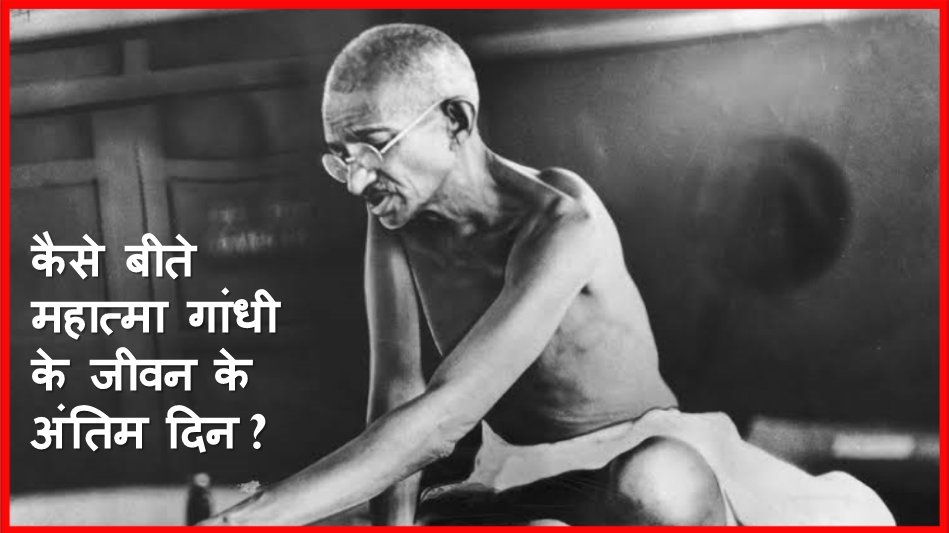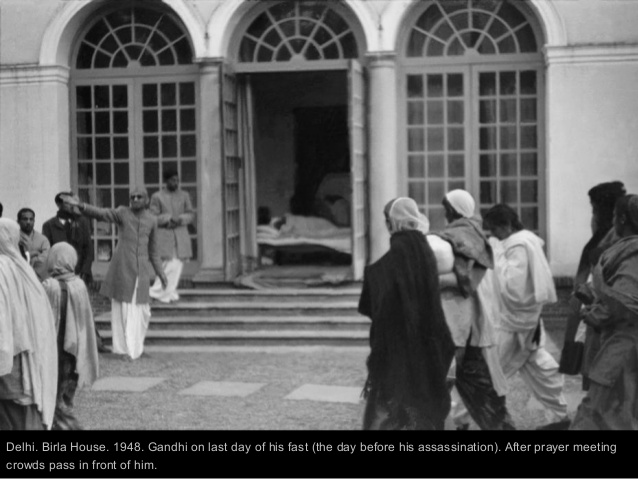STUDENT CORNER![]()
Young Minds and Their Creative Articulations
The New Leam organized a creative writing project involving the students of Jesus and Mary college, University of Delhi. We are happy to publish these pieces that indicate the potential these young minds are endowed with.
Looking at the Contemporary World through the Gandhian Perspective
Mahatma Gandhi vehemently resisted the hegemony of the centralized state with an overarching power over the people instead he was for a truly democratic and egalitarian structure where power of decision making lay in the hands of ordinary men and women.
Shreya Ananad is studying at Jesus and Mary College, University of Delhi.
Mahatma Gandhi always said ‚be the change you want to see in the world‛. Gandhi’s ideals about the world, his perception of Satya and Ahimsa are still revered and have given inspiration to many. He envisioned everyone to live in harmony and non-violence. In his famous and profound composition the Hind Swaraj he lucidly describes how both as a nation and as individuals we could achieve this ideal. Although in the contemporary world, India has survived as a secular state, with all different kinds of ethnicities and religion which reside together. But it has had its challenges. Gandhi was against all the power residing with Jushya Kumar
the state, as he thought powerful people tend to over throw then responsibility and take under advantage of the power that they had. Gandhi wanted all individuals to be their own masters, but also act towards the common good of everyone. He believed that the state achieves power through majority. He once wrote that ‚if individuals have to surrender their judgment to the majority then Swaraj will be absurdity‛. For Gandhi parties divided people and both mutual distrust amongst individuals. This abstained India from obtaining solidarity and harmony. But today’s scenario has completely changed from Gandhi’s idea of India. His idea for village panchayat was an important part of Gandhi’s India. He wanted all villages to be self-sufficient, all the residents of the village should mutually set the panchayat and this body makes the decision mutually. He wanted all human to be equal, But this idea of equality and solidarity seemed to be utopian. This idea od Village Panchayat was not very approachable because people were not aware with its deeper values. According to Gandhi, the step to non-violence is not successful without harmony of soul. He said ‘an eye for an eye will leave you both blind’. While talking about following will make you realize that the contemporary time is fully inappropriate with the idea of Gandhi. On time, Terrorism in the name of religion, riots that occur frequently throughout the world. There is mutual hatred between politicians in country because of their corrupt practices.
IMGE SOURCE : FLICKR
This article is published in The New Leam, MAY 2017 Issue( Vol .3 No.24 ) and available in print version. To buy contact us or write at thenewleam@gmail.com
The New Leam has no external source of funding. For retaining its uniqueness, its high quality, its distinctive philosophy we wish to reduce the degree of dependence on corporate funding. We believe that if individuals like you come forward and SUPPORT THIS ENDEAVOR can make the magazine self-reliant in a very innovative way.










